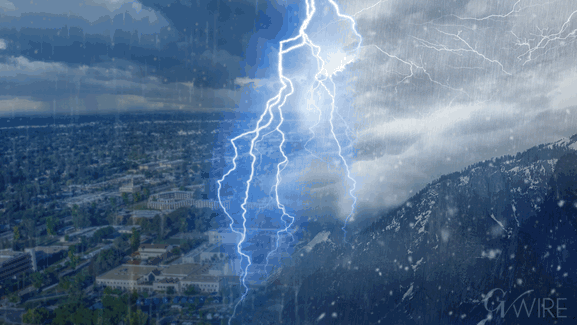Share
SAN FRANCISCO — Gov. Jerry Brown vetoed a bill Thursday requiring that California middle and high schools start no earlier than 8:30 a.m., saying the decision of when to start classes should be up to schools not the state.
Supporters of the bill cited research that says delaying school start times could result in better grades, attendance and graduation rates.
Research Shows Teens Need More Sleep
A study by the American Academy of Pediatrics said insufficient sleep for teens was “an important public health issue that significantly affects the health and safety” of adolescents.
State Assemblyman Anthony Portantino, who carried SB328, cited that study and one by the Centers for Disease Control and Prevention that both suggested schools start at 8:30 a.m. or later to help students get the optimal amount of sleep of at least eight hours a night.
Middle and high schools in California start their school day on average at 8:07 a.m., according to the CDC study.
Critics: Kids Should Hit the Sack Earlier
Critics of the La Canada-Flintridge Democrat’s legislation say kids could just go to bed earlier.
But it’s not so simple, the CDC study said, noting that as adolescents go through puberty their biological rhythms typically shift so they get sleepy later at night.
“The combination of delayed bedtimes and early school start times results in inadequate sleep for a large portion of the adolescent population,” said the CDC study. It found that approximately 70 percent of high-schoolers do not get sufficient sleep.
Opponents of the bill don’t dispute the research but said school boards should decide how to run their schools, which Brown agreed with.
“This is a one-size-fits-all approach that is opposed by teachers and school boards,” Brown said in a statement Thursday, noting that several schools have already moved to later start times while others prefer to start the school day earlier. “These are the types of decisions best handled in the local community.”
Teachers Union Fought the Legislation
The California School Boards Association and the California Teachers Association were among those that fought the legislation. They argued for local control, saying schools should be the ones to assess their communities’ needs given the diversity of California’s school districts.
Eric Heins, president of the CTA, said later start times could also result in unintended costs and consequences, particularly for working parents who might have to arrange childcare or struggle to get to work on time if dropping their kids at school later. There could also be added costs to school districts if they needed to pay for additional buses to accommodate the time changes, he said.
Opponents had rejected a different version of the legislation last year. A revised bill, which added an exemption for rural school districts, passed the Legislature in August.



















